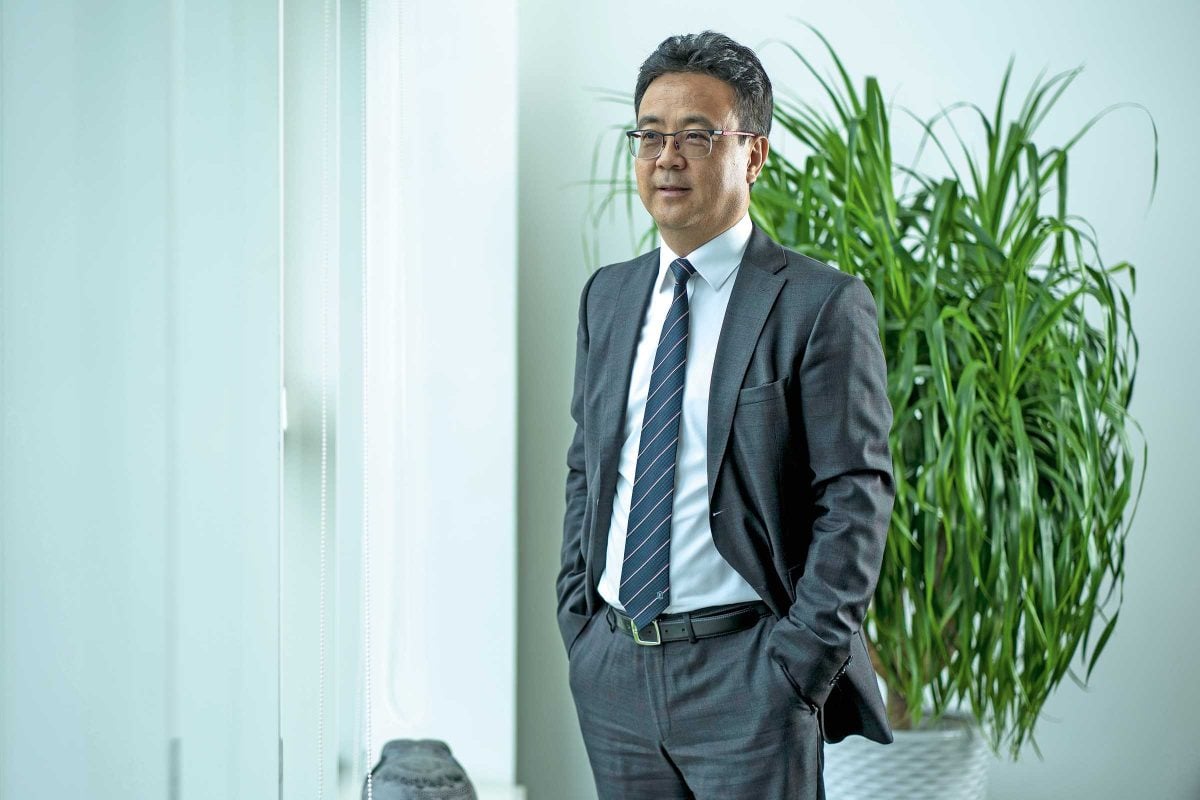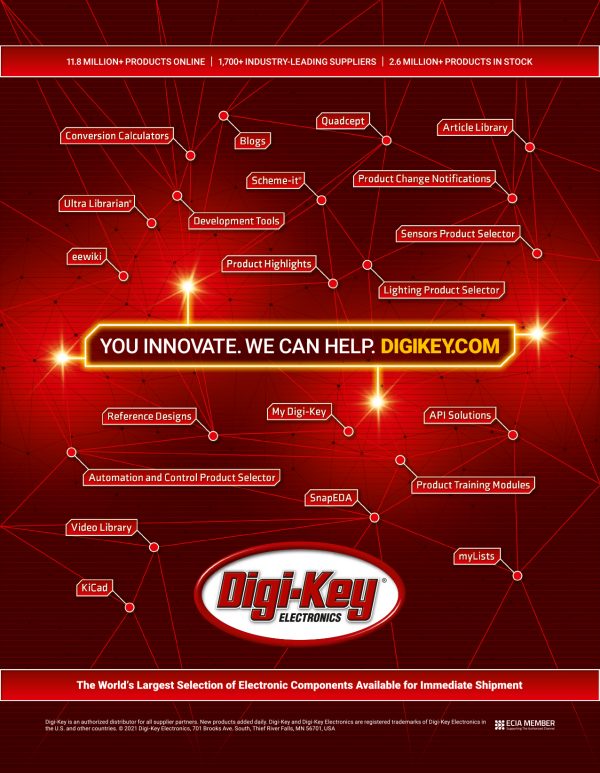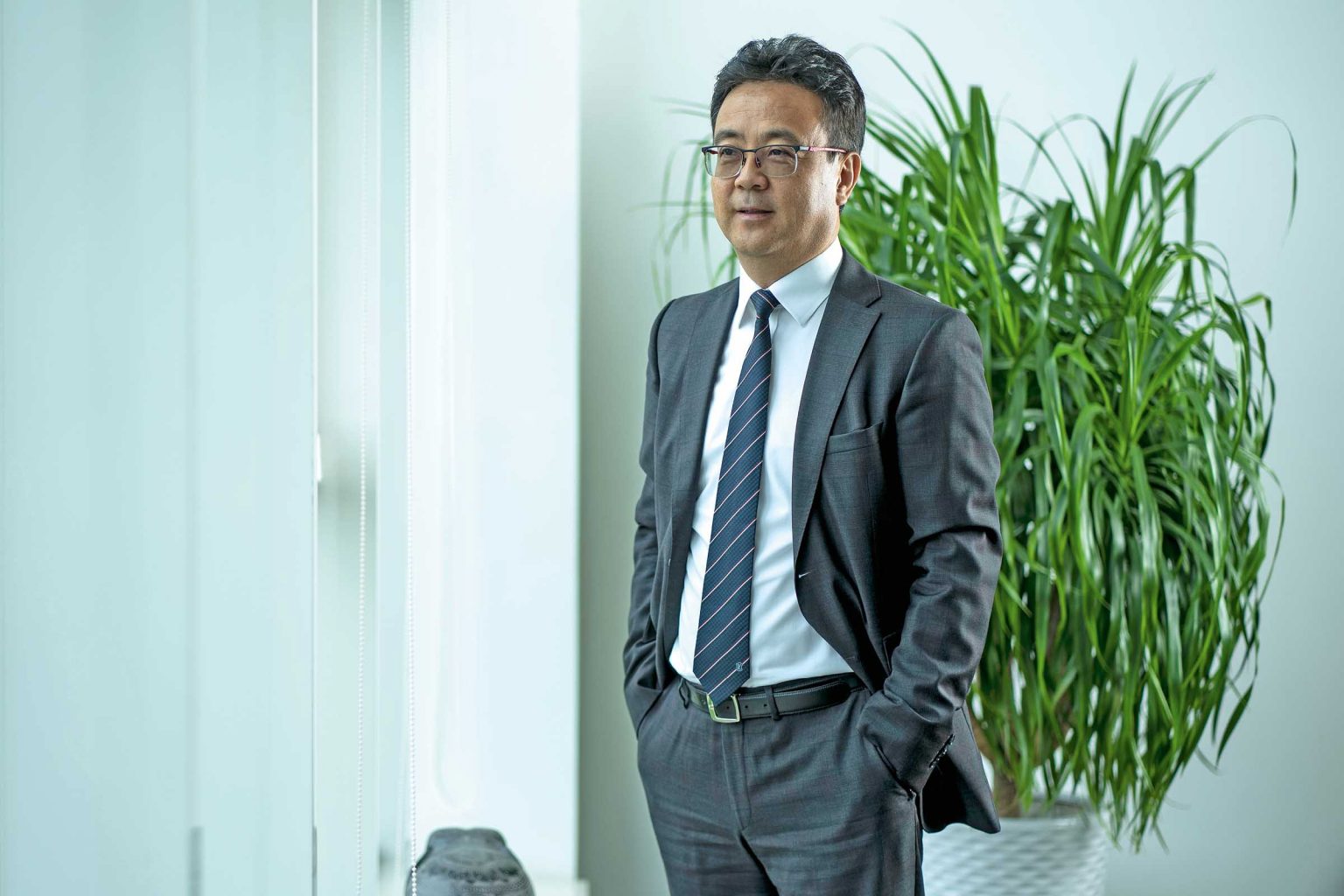James Qian isn’t afraid of jumping on planes, trains and automobiles to meet his clients face to face, wherever in the world they may be located. “Two to three times a year I fly from China to Chicago, before connecting to a shorter flight to Minneapolis.

Then I drive for an hour without seeing another car to visit a client in remote Minnesota,” the President of Suzhou Etron Technologies Co Ltd (Etron) says from his base just outside of Shanghai.
As experts in electronics manufacturing services for markets such as health, IT and telecommunications, industry and automotive, Etron’s clients include global names such as Dewalt, Stanley Black & Decker and Polaris, as well as many lesser known, but just as important, companies.
“Every year, I make sure I take time to meet key customers and suppliers in person,” he continues. “Face-to-face meetings are crucial as it allows our clients to understand what we are up to in the company.”
While COVID-19 travel restrictions has put these in-person meetings on hold for the foreseeable future, the importance of the personal relationships James has cultivated across his career have recently come to the fore as global demand for capacitors, resistors and other crucial parts outstrip the pace of manufacture.
“The industry is facing a shortage of almost 50 different electronic components,” he explains. “But the support we are receiving from our manufacturers and distributors has put us in a much better position than our competitors as we face this.”
A physics graduate from Nanjing University, one of China’s premier tertiary institutions, James joined the company as General Manager in 2004 and oversaw a significant increase in revenue and profitability before becoming President in 2011.

In 2017, he led Etron through another important change as it shifted from private to public holding when it was listed on the Shanghai Stock Exchange.
Today, as he guides the business towards its objective of becoming a global leader in high-mix low-volume (HMLV) manufacturing, James has his sights set on another fundamental transformation, this time led by technology.
“The world is changing and the older industrial-style generation is facing the challenge of digitalisation,” he explains. “Upgrading our operating systems is my main area of focus.” James adds that he first appointed a member of his team to manage the project in late 2018, but the very nature of the HMLV industry means that it’s a transition that requires much patience.
“At this very moment, I have approximately 260 customers for around 5,000 different kinds of products, which require about 50,000 various materials,” he says.
What’s more, it’s not uncommon for customers to change their initial order – a request that may seem simple on the surface but becomes increasingly complex when James and his team have sourced the necessary components from dozens of suppliers located across the four corners of the globe. “We buy 90% of our material from abroad,” he says.
Managing customer requirements and the transmission of this information to his suppliers, James adds, is one of his biggest challenges in the role. “If our business simply involved receiving and fulfilling an order, if would be quite easy,” he smiles.
At this very moment, I have approximately 260 customers for around 5,000 different kinds of products, which require about 50,000 various materials.
“Of course, we always make the customer happy and deliver on time. The problem, however, is at what cost in terms of our inventory and P&L.” This is an issue that has not only proved an IT challenge, but also a “management challenge,” James says.
Revised order processes, “which are more transparent and logical”, are helping to ease the pressure, as are the new digital solutions being implemented. “The communication with customers and suppliers has been sped up,” he continues.
Looking forward, he hopes that these investments, coupled with Etron’s existing dedication to servicing its customers, will help drive his goal of revenue growth: the target he has set is RMB10 billion (US$1.55 billion). From his Suzhou offices, it looks like James couldn’t be better positioned to achieve his ambition.
“As demand for electronic devices grow, I see Chinese electronic components manufacturers becoming the world leaders in the next five years,” he predicts.
Proudly supported by:




